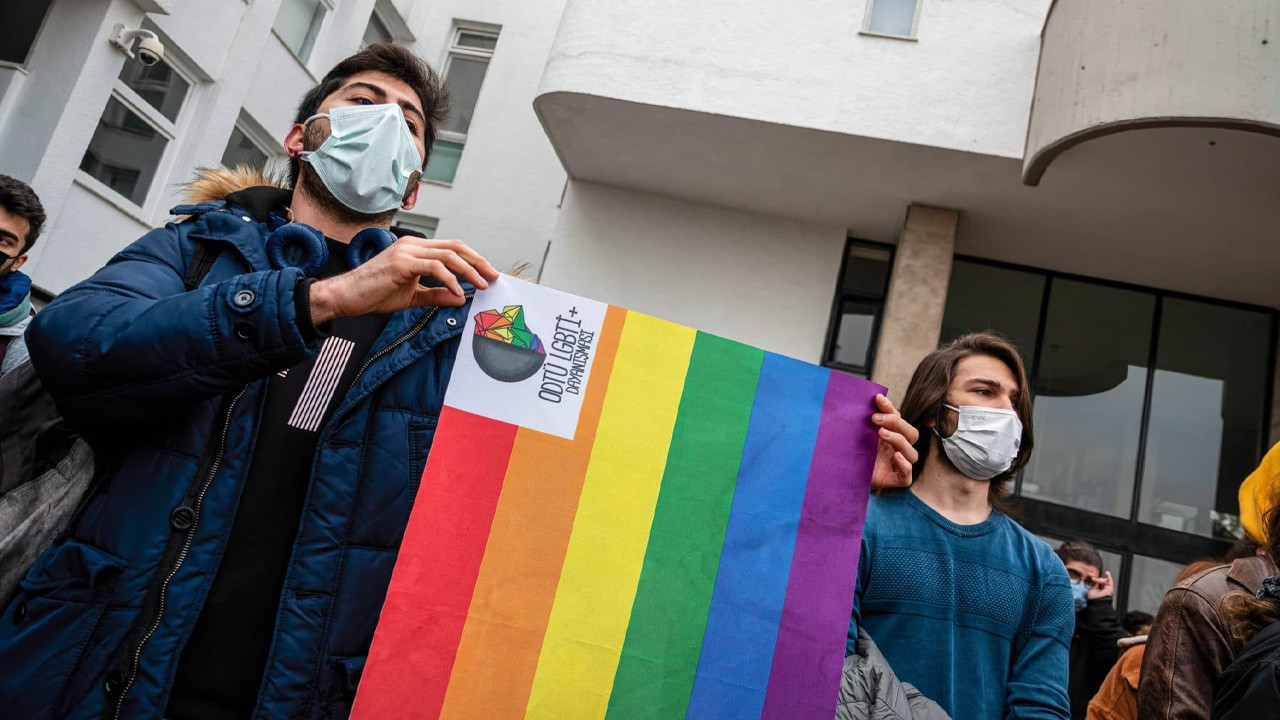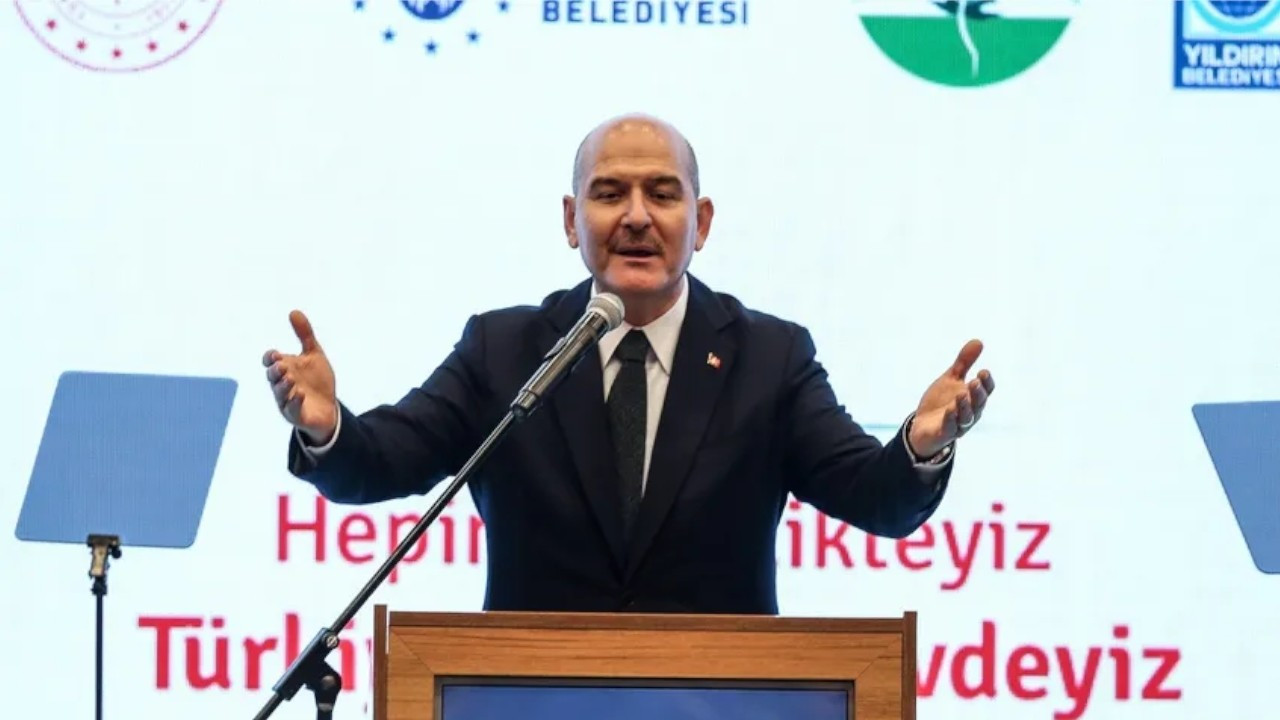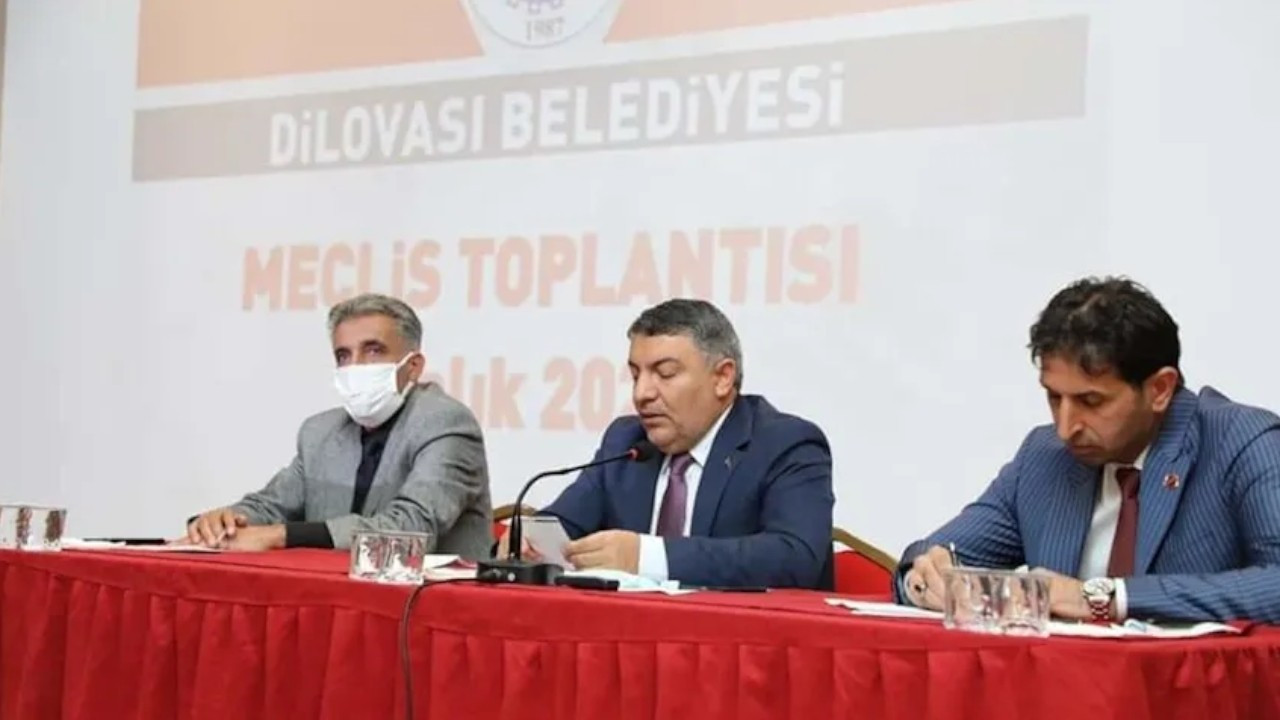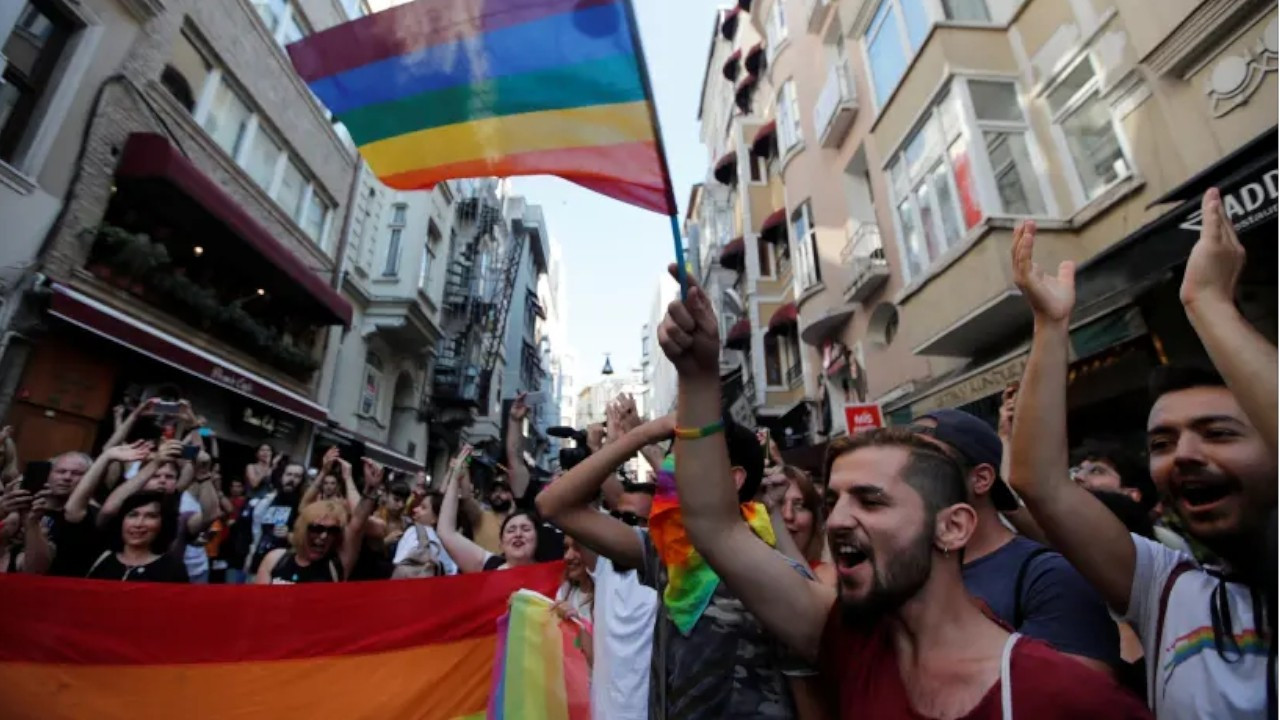Human Rights Foundation says abuse of LGBTI+ people in prison covered up
The Human Rights Association (İHD) has said that officials are covering up the abuse of LGBTI+ prisoners in the Turkish southern city of İskenderun.
Duvar English
After visiting a high-security prison in the southern Turkish city of İskenderun, the local branch of the Human Rights Association (İHD) has announced that prison administrators are complicit in the abuse of LGBTI+ inmates there, according to reporting by Mezopotamya new agency.
In particular, the organization found that the administration failed to investigate the sexual abuse of trans prisoners in the ward and that LGBTI+ people were targeted and discriminated against for their sexual orientation. Prisoners in İskenderun say that they do not feel safe.
Mehtap Sert, a member of the İHD Prison Commission, says that the organization visited İskenderun T Type Closed Prison upon application from inmates.
In recent years, abuse in Turkish prisons has been widespread, especially among political or dissenting inmates. Many are kept behind bars despite illness, old age, or complaints of abuse.
One prisoner identified as Ş.K. in İHD documents said that she is a trans woman who suffers from Buerger’s disease. She said that the medication she was given was insufficient and that due to a lack of hygiene in prison facilities, her wounds and sores were not able to heal. Buerger’s causes clots in the extremities and can often lead to gangrene and infection.
This prisoner was also forced to sleep in the prison, despite her illness and sores. She said she applied to the Ministry of Health, the Ministry of Justice, the İskenderun Chief Public Prosecutor's Office, and the Forensic Medicine Institute to investigate her case, but received no response. She was also not assigned a psychologist despite expressing that she needed treatment.
Another transgender patient identified as C.K. said that despite being sexually abused by fellow inmates, she was forced to remain in her cell. She further said that when she lodged a complaint against another inmate identified as H.A. for sexual abuse, that prisoner was sent to Diyarbakır and she was tortured to cover up the incident. She said that as a result of this attempted cover-up, she does not feel safe and wants her complaint addressed.
Further, C.K. said that she was not allowed medication to treat high blood pressure and diabetes.
Another LGBTI+ individual as identified as N.U. says that H.A. - C.K.’s abuser - also abused them. N.U. was previously hospitalized for psychiatric reasons but says that despite this they were placed under psychological pressure to drop their complaint against H.A. Despite their complaint, N.U. was never allowed to see a psychiatrist, their complaint was never formally recorded, and they were forced to remain among the general prison population where they were abused.
Many LGBTI+ inmates also reported widespread deprivation of necessary medication and treatment. One inmate said that they were denied critical medication for bipolar disorder, while another was denied both hormonal drugs and treatment for lumbar fixation and a lumbar hernia.
Abuse extended to the prison population as well. Some inmates had their hair forcibly cut by others, were routinely beaten, and that other inmates were incessantly entering their room without permission.
Taken together, Sert and the İHD said, these incidents represent the systemic abuse of LGBTI+ people in the İskenderun prison. He said it is the responsibility of the prison administration to ensure these inmates are safe.

 Turkish LGBTI+ people face existential threats under AKP rule, report findsHuman Rights
Turkish LGBTI+ people face existential threats under AKP rule, report findsHuman Rights In new hate speech, Turkish Interior Minister says LGBTI associations funded from abroadHuman Rights
In new hate speech, Turkish Interior Minister says LGBTI associations funded from abroadHuman Rights AKP mayor resorts to homophobic discourse when asked how to tackle deepening povertyPolitics
AKP mayor resorts to homophobic discourse when asked how to tackle deepening povertyPolitics Turkish restaurant owner gets deferred sentence for refusing to serve trans individualsHuman Rights
Turkish restaurant owner gets deferred sentence for refusing to serve trans individualsHuman Rights